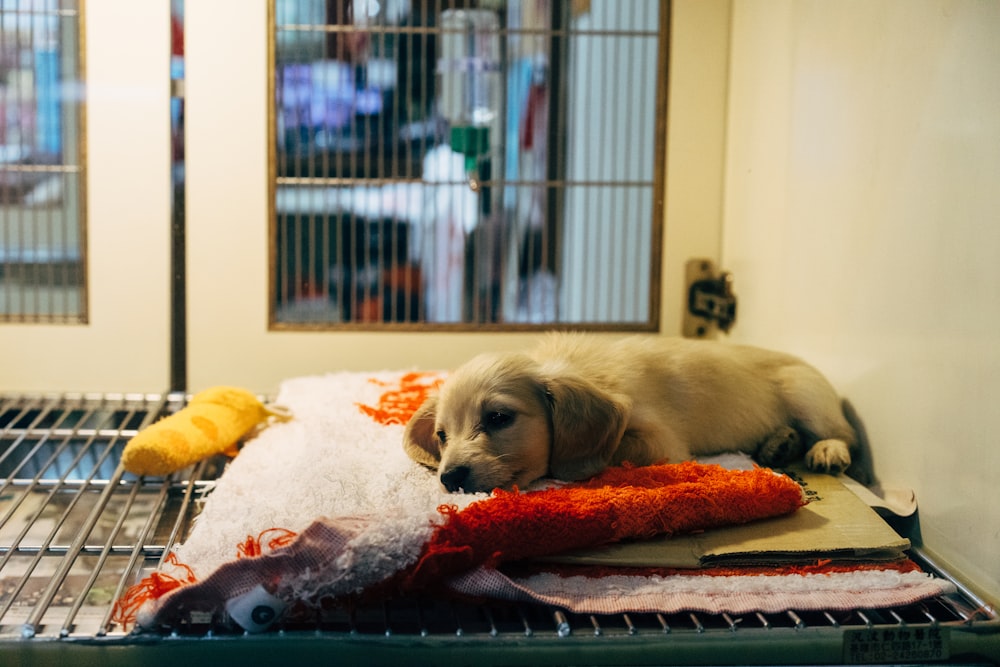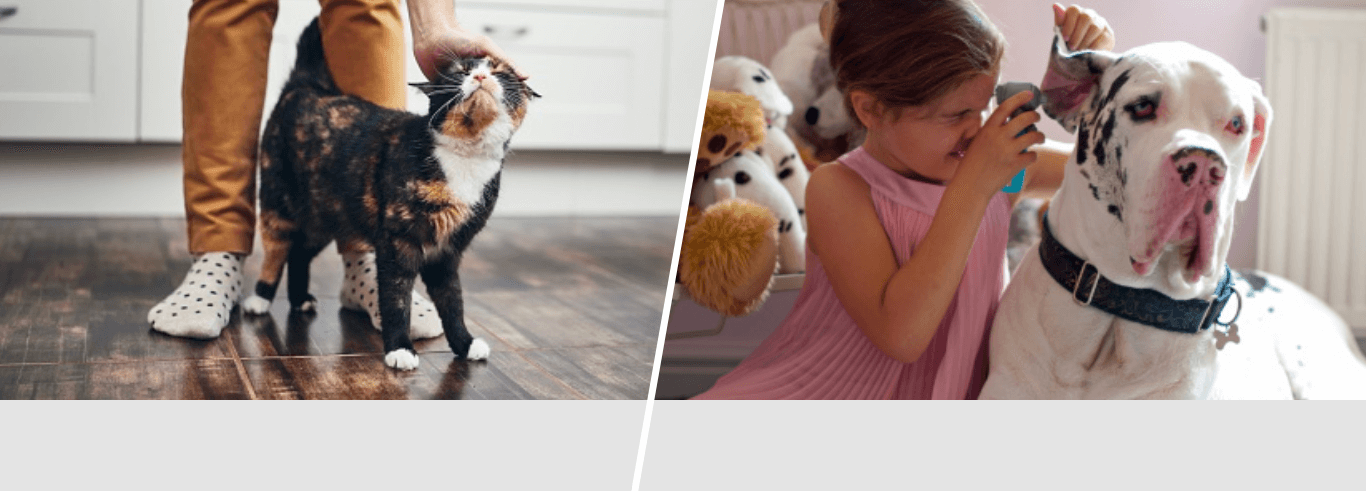Could your dog help save another dog’s life?
Did you know that your pooch could be the difference between life and death for another dog? By becoming a dog blood donor, your canine companion could help to save up to four lives.
DEA 1 (Dog Erythrocyte Antigen) negative dog blood is currently low in the UK and because of this, Pet Blood Bank is looking for the owners of certain breeds to come forward. With thousands of transfusions being carried out every year, it is important that we spread the word and get people talking about dog blood donation.
As demand is always increasing and dogs retire from donating, Pet Blood Bank needs as many dogs as possible to come forward and join their lifesaving community.
What are the different types of dog blood?
Just like us, dogs have different blood types. In the UK, dogs are either DEA 1 positive or DEA 1 negative. From Pet Blood Bank’s research, 70% of dogs appear to be DEA 1 positive while only 30% are DEA 1 negative.
As with human blood types, the type of blood your pooch has will dictate which type of blood they can receive. Dogs with DEA 1 negative blood type can only receive DEA 1 negative blood, whereas dogs with DEA 1 positive can receive either positive or negative blood.
Dogs are not routinely blood typed unless they are donating or receiving blood. However, certain breeds are more likely to have a negative blood type. These breeds include Dobermans, Greyhounds, Boxers, German Shepherds, Flat-Coated Retrievers, Airedale Terriers, Weimaraners, Lurchers and Pointers.
Why is there a shortage of dog blood donations?
According to the Pet Food Manufacturer’s Association, 26% of the UK population own a dog, but many owners don’t know that their dog could be a blood donor. Often, the only time people tend to hear about transfusions is when a family member or friend’s dog needs the service.
Encouraging more people to sign up helps to ensure that Pet Blood Bank can keep this incredible service going. Sign up today, and you may save a life later down the line.
The most common reason people don’t put their dog forward for blood donations is that they are worried about them being a suitable donor or are concerned about the risks associated with donating.
Pet Blood Bank will ensure your dog meets all the requirements before attending a blood donation session. Any questions or concerns you may have can be worked through with the Pet Blood Bank team. Around 75% of donors who are assessed as suitable to attend a session will go on to become donors.
How is the dog blood used?
Few dogs will require transfusion of whole blood, so splitting the blood into components allows a single unit to help save the lives of multiple patients. The separated components include red blood cells and plasma products.
These blood components are used depending on the specific condition that is being treated; for example, plasma is used to prevent bleeding, whereas packed red cells may be used to treat anaemia or blood loss after an accident.
Packed red blood cells can last around 6 weeks, whereas the plasma portion can last up to 5 years.

What’s involved in the blood donation process?
In 2019, Pet Blood Bank collected over 3,000 units of dog blood and dispatched over 5,000 blood products to vets throughout the UK. Every unit of donated blood has the potential to help save the lives of up to four dogs.
Blood donations in dogs are very similar to humans. A local anaesthetic cream is used, and the dog receives plenty of praise, encouragement and treats throughout the whole process.
Donors have a thorough health screen with a veterinary surgeon on the day of donation. The welfare of donors is always Pet Blood Bank’s top priority.
How long does dog blood donation take?
The whole donation session takes approximately 45 minutes but the donation itself takes about 5-10 minutes. The health and welfare of the dog is monitored throughout the donation process.
Once the donation is over, your canine friend receives a drink of water and a snack. They also receive a goody bag that includes a special Pet Blood Bank ‘I’m a Lifesaver’ bandana and some doggy treats.
Dogs are monitored after donating and sent home when the team is completely happy. Owners are advised to let their dogs take it easy for the remainder of the day but can resume normal activity the day after.
What accidents require dog blood transfusions?
The types of accidents that require blood transfusions include the following:
- Serious road accidents
- Injuries
- Anaemia
- Major surgeries
- Accidental injection of poison
- Lungworm infection
- Certain illnesses involving the immune system
If my dog does donate, can we find out who has received the blood?
The demand for blood is so high that Pet Blood Bank is unable to notify donor owners when their dog’s blood is dispatched. Generally, blood collected will be distributed within 7 days of collection.

How do I get involved?
Since they launched in 2007, Pet Blood Bank has helped save thousands of lives each year. It is the only charity that provides canine blood to all veterinary practitioners across the UK. All vets have 24/7 access to the service, so whenever a transfusion is required it can be performed.
More than 11,000 lifesaving donors have been registered with Pet Blood Bank UK. Although blood donations have increased year on year, we need to make sure they continue to do so to meet the increasing demand and sophistication of treatments available to pet owners.
Pet Blood Bank manages its service very carefully by blood type. Depending on your dog’s blood type, you will be invited to attend sessions between one and six times a year. Your dog will only ever be asked to donate blood when their blood type is needed.
If your dog is between one and eight years old, weighs over 25kg, and is fit and healthy, they could be a lifesaver. If they don’t meet these criteria, you can still help the charity in other ways including volunteering and fundraising.
There has never been a better time to get involved and register your dog today!
If anything bad happens and your dog needs a transfusion, it’s important to make sure they are covered. Check out the range of dog insurance policies that we here at Argos have on offer and get a quote to find the right cover for you (provided by Pinnacle Insurance Ltd).





